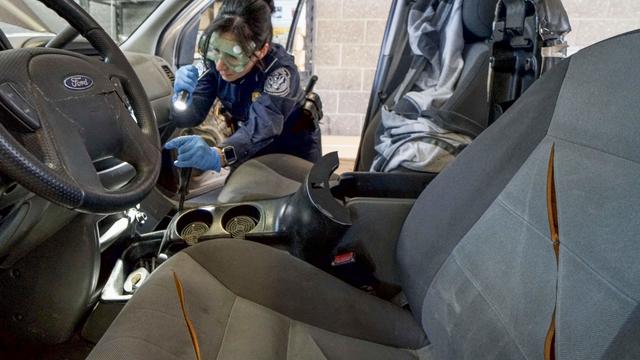
Fentanyl seizures rise at U.S.-Mexico border — here's why
GOP lawmakers have incorrectly blamed the spike in fentanyl overdoses on migrants, whom they blame for bringing the drugs across the border.
Watch CBS News

Camilo Montoya-Galvez is the Immigration Correspondent at CBS News, where his reporting is featured across multiple programs and platforms, including national broadcast shows, CBS News 24/7, CBSNews.com and the organization's social media accounts.
Montoya-Galvez has received numerous awards for his groundbreaking and in-depth reporting on immigration, including a national Emmy Award, the Alfred I. duPont-Columbia University Award and several New York Emmy Awards.
Over several years, he has built one of the leading and most trusted national sources of immigration news, filing breaking news pieces, as well as exclusive reports and in-depth feature stories on the impact of major policy changes.
Montoya-Galvez was the first reporter to obtain and publish the names of the Venezuelan deportees sent by the U.S. to a notorious mega-prison in El Salvador, with little to no due process. Using that list, he co-produced a "60 Minutes" report that found most of the deported men did not have apparent criminal records, despite the administration's claims that they were all dangerous criminals and gang members. Montoya-Galvez was also the first journalist to interview Jennifer Vasquez Sura, the wife of Kilmar Abrego Garcia, who was wrongfully deported to El Salvador and imprisoned at the CECOT prison.
In 2025 alone, Montoya Galvez broke dozens of other exclusive stories. He disclosed the internal Trump administration plan to revoke the legal status of hundreds of thousands of migrants from Cuba, Haiti, Nicaragua and Venezuela; landed the first national network sit-down interviews with the current heads of ICE and Border Patrol; and obtained government data showing that illegal crossings along the U.S.-Mexico border in fiscal year 2025 plummeted to the lowest level since 1970 amid Trump's crackdown.
Montoya Galvez's North Star is to cover immigration with nuance and fairness, in a nonpartisan, comprehensive and compelling way that respects the dignity of those at the center of this story
Before joining CBS News, Montoya-Galvez spent over two years as an investigative unit producer and assignment desk editor at Telemundo's television station in New York City. His work at Telemundo earned three New York Emmy Awards. Earlier, he was the founding editor of After the Final Whistle, an online bilingual publication featuring stories that highlight soccer's role in contemporary society.
Montoya-Galvez was born in Cali, Colombia's third-largest city, and raised in New Jersey. He earned a bachelor's degree in Media and Journalism Studies and Spanish from Rutgers University.

GOP lawmakers have incorrectly blamed the spike in fentanyl overdoses on migrants, whom they blame for bringing the drugs across the border.
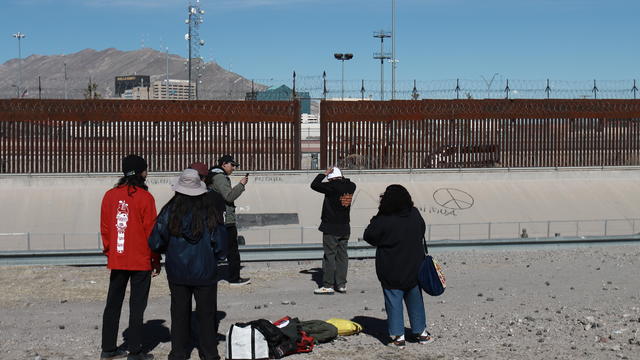
Government statistics indicate that January saw the lowest levels of illegal migration along the border since President Biden's first full month in office.
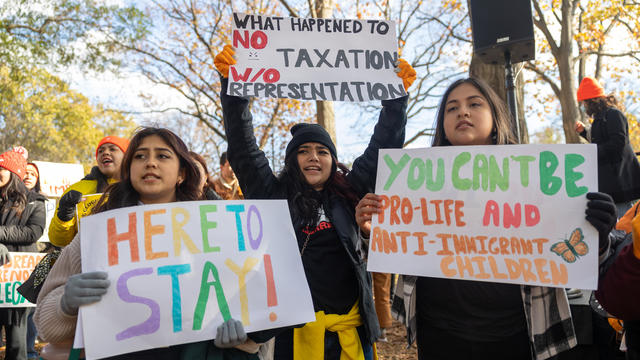
DACA's demise would prevent nearly 600,000 immigrants known as "Dreamers" from renewing their deportation protections and work permits.
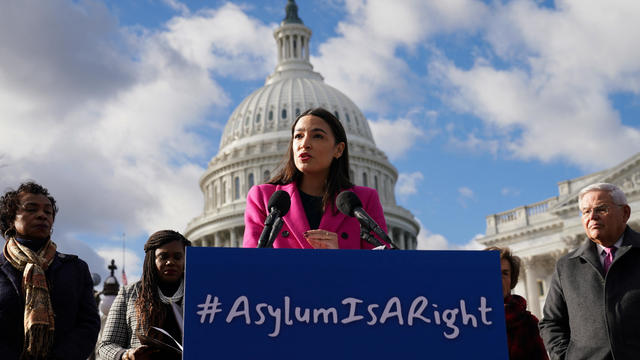
The measures announced by President Biden earlier this month have led to a sharp drop in unlawful entries along the U.S.-Mexico border.
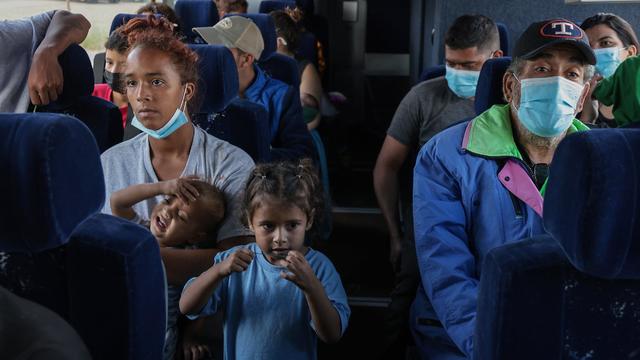
The program will allow up to 30,000 migrants from four crisis-stricken countries to enter the U.S. legally each month if they have American sponsors.
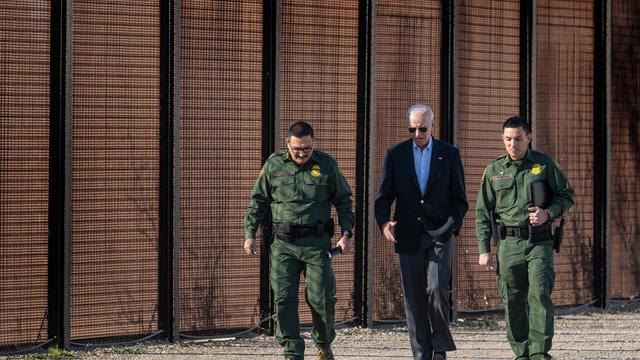
President Biden came into office vowing to dismantle Trump-era restrictions on asylum, but has found himself proposing similar policies amid an unprecedented migrant crisis.
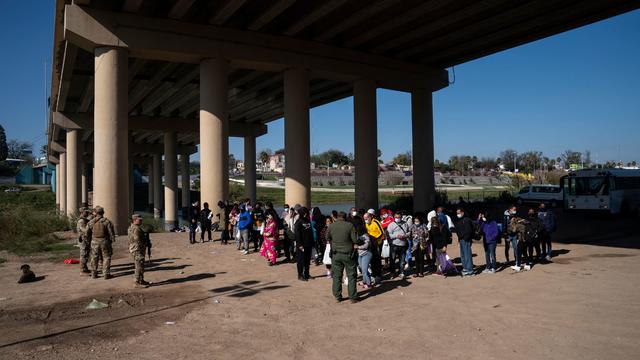
Illegal border crossings have dropped by 40% since President Biden announced tougher migration enforcement measures in early January.
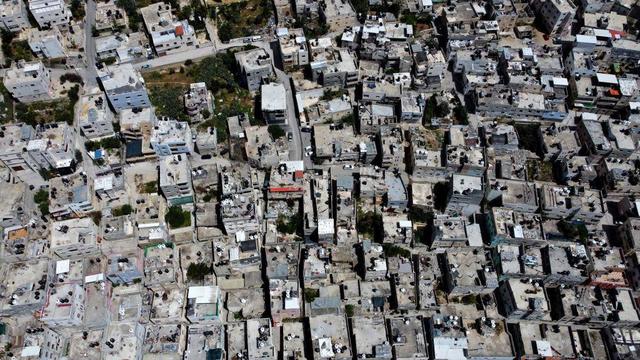
Groups will be able to sponsor a refugee if they raise $2,275, pass background checks and submit a resettlement plan.
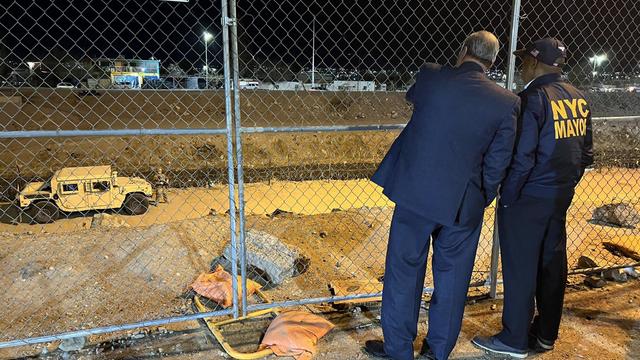
New York has offered roughly 40,000 migrants shelter, food and other services since last year in an effort city officials project will cost over $1 billion.
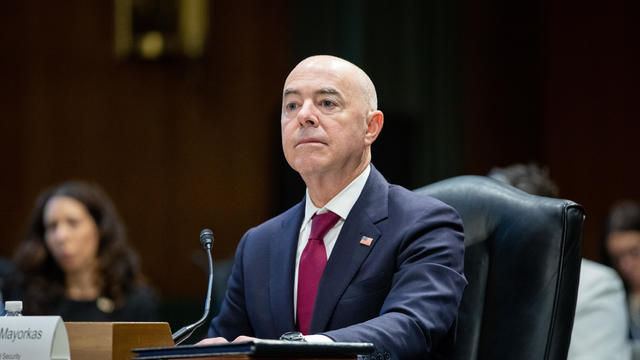
The Biden administration said the process will encourage exploited workers to denounce labor violations and participate in workplace investigations without fear of retaliation.

Illegal border crossings have dropped significantly since the Biden administration announced it would pair increased expulsions with expanded legal migration opportunities.
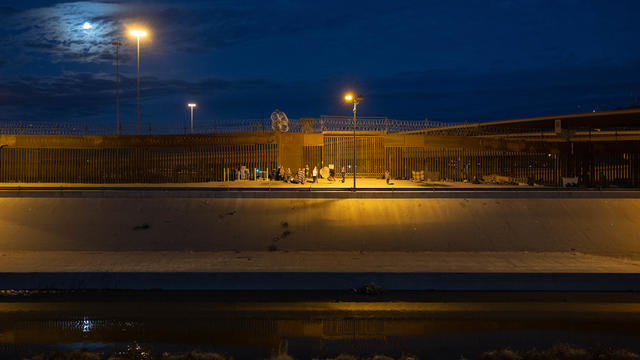
Migrants deemed to be vulnerable, such as the elderly and pregnant women, will be allowed to enter the U.S. legally under the new Biden administration process.
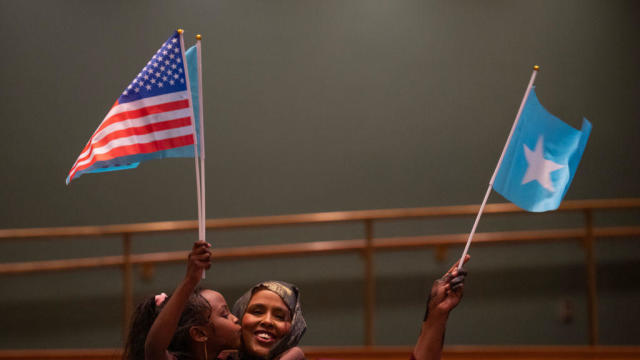
The Biden administration has granted Temporary Protected Status to hundreds of thousands of immigrants from crisis-stricken countries, such as Afghanistan and Venezuela.
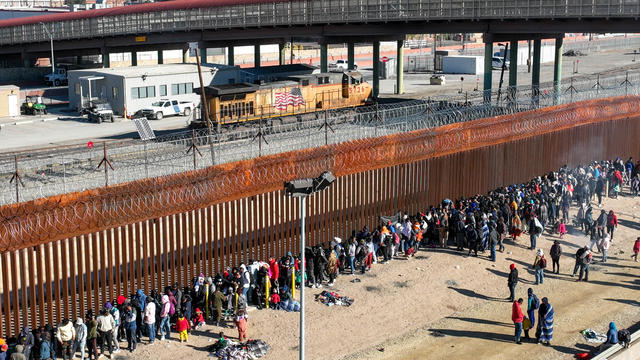
Customs and Border Protection said its Office of Professional Responsibility was "reviewing the incident."
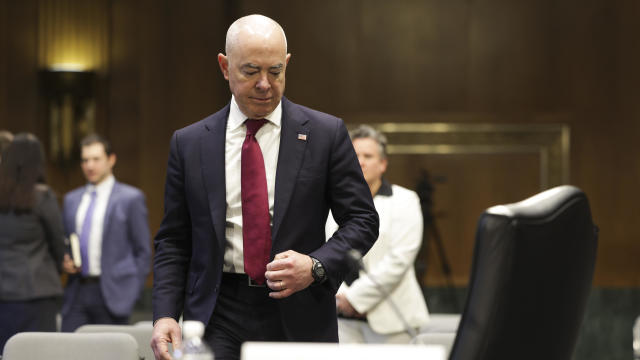
The Biden administration on Thursday announced a new border strategy that pairs increased expulsions with expanded opportunities for migrants to enter the U.S. legally.